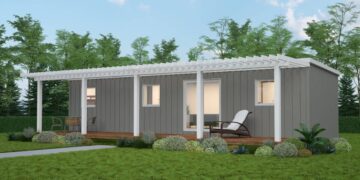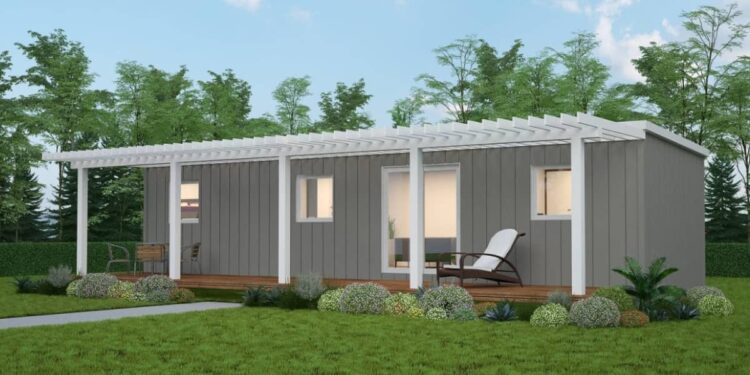If you’re looking for a unique and cost-effective housing solution, tiny houses in Wellington, NZ, might be just what you need. These small and compact homes have gained popularity in recent years, offering a simpler and more sustainable way of living. In this comprehensive guide, we will explore everything you need to know about tiny houses in Wellington, NZ, including their benefits, design features, legal considerations, and frequently asked questions.
Table of Contents
- Introduction to Tiny Houses
- Benefits of Tiny Houses
- Design Features of Tiny Houses
- Sustainable Living in Tiny Houses
- Legal Considerations for Tiny Houses in Wellington
- Financing and Insurance Options
- Building and Maintenance of Tiny Houses
- Tiny House Communities in Wellington
- Choosing the Right Location for Your Tiny House
- Frequently Asked Questions (FAQs)
- Conclusion
Introduction to Tiny Houses
Tiny houses are compact, fully functional dwellings typically ranging from 100 to 400 square feet in size. They are designed to maximize space efficiency and provide a minimalist lifestyle. In tiny house wellington nz have become a popular housing alternative due to their affordability and sustainability.
Benefits of Tiny Houses
Affordability: Tiny houses offer an affordable housing option, allowing individuals to own their own home without the burden of a large mortgage.
Minimalist Lifestyle: Living in a tiny house encourages a simpler and clutter-free lifestyle, promoting a sense of freedom and reduced stress.
Energy Efficiency: With their smaller size, tiny houses require less energy for heating, cooling, and lighting, resulting in lower utility bills and reduced environmental impact.
Design Features of Tiny Houses
Tiny houses are ingeniously designed to optimize every inch of space. Some common design features include:
Lofted Sleeping Areas: Utilizing vertical space, tiny houses often have lofted sleeping areas accessible via ladders or stairs.
Multi-Functional Furniture: To maximize functionality, furniture in tiny houses often serves multiple purposes, such as a sofa that transforms into a bed or storage units that double as seating.
Compact Appliances: Tiny houses are equipped with compact appliances that save space while still providing essential amenities.
Sustainable Living in Tiny Houses
Living in a tiny house promotes sustainability in several ways:
Reduced Environmental Footprint: Tiny houses consume fewer resources during construction and have a smaller carbon footprint compared to traditional homes.
Minimalistic Consumption: The limited space in tiny houses encourages individuals to prioritize essential belongings and reduce consumption.
Financing and Insurance Options
Obtaining financing and insurance for a tiny house can be different from traditional homes. Consider the following options:
Personal Savings: Many individuals fund their tiny house projects using personal savings or by downsizing from a larger home.
Tiny House Loans: Some financial institutions offer specialized loans tailored for tiny house construction or purchase.
Insurance Coverage: Explore insurance options specifically designed for tiny houses, considering coverage for theft, damage, and liability.
























































